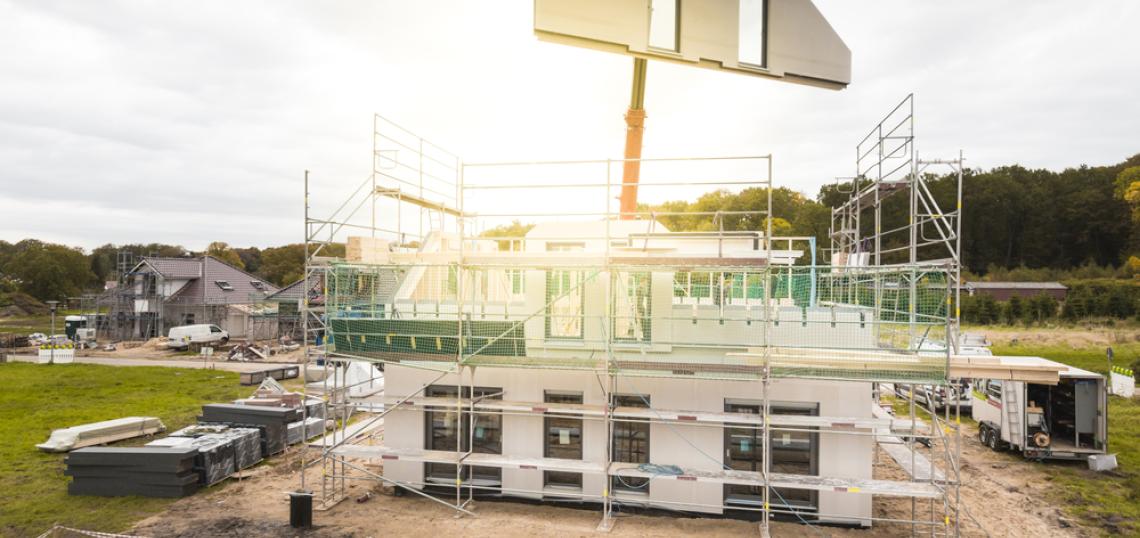After 12 hours of listening to citizens’ suggestions and complaints about the proposed changes to the Land Development Code, known as the HOME initiative, the Planning Commission Tuesday came up with a number of technical recommendations for City Council to consider when adopting the new regulations. Council and the commission held a joint hearing on the proposal last month.
According to the proposal, in the future there could be up to three homes on properties zoned SF-1, SF-2 or SF-3. In addition, the proposal would eliminate regulations about accessory apartments and guesthouses and limit applicability of McMansion standards to lots with just one home.
Commission chair Todd Shaw noted that what staff presented to Council and commissioners does not include recommendations on floor area ratio, which determines how tall buildings can be based on their footprint. The commission came up with a number of recommendations about floor area ratio as well as recommendations about impacts on city infrastructure, particularly water. He said staff needs to look at expanding the city’s infrastructure in light of climate change.
Specifically, the commission made the following recommendation: “Council should require all relevant departments assess the impacts of additional units in single family neighborhoods and the infrastructure required. This is a major concern of neighborhoods. This will allow City Utility Departments to estimate resources needed as units increase over time within SF1, SF2, SF3 zoned neighborhoods.”
One way to address citizens’ concerns is to build smaller houses and put them closer together on their lots, Shaw said.
Commissioner Claire Hempel also said it was very important to the panel to get the floor area ratio right, so that developers would be encouraged to build two or three units instead of one huge house on a lot. She said the commission realizes that affordability is a difficult task, and more work needs to be done in the future.
Hempel noted that commissioners recommended a “preservation bonus,” for developers who preserve a structure built in 1960 or earlier. Developers would be allowed to build additional dwelling units by abiding by regulations to be established for the preservation bonus. They can also get a bonus for preserving a home built after 1960, called a sustainability bonus.
Commissioners also urged Council to revisit problems associated with short-term rentals. Courts have rejected Austin’s previous attempt to regulate STRs but there is still considerable worry about the impact those units have on affordability.
Council is scheduled to hold its final hearing and vote on the HOME initiative on Dec. 7.






